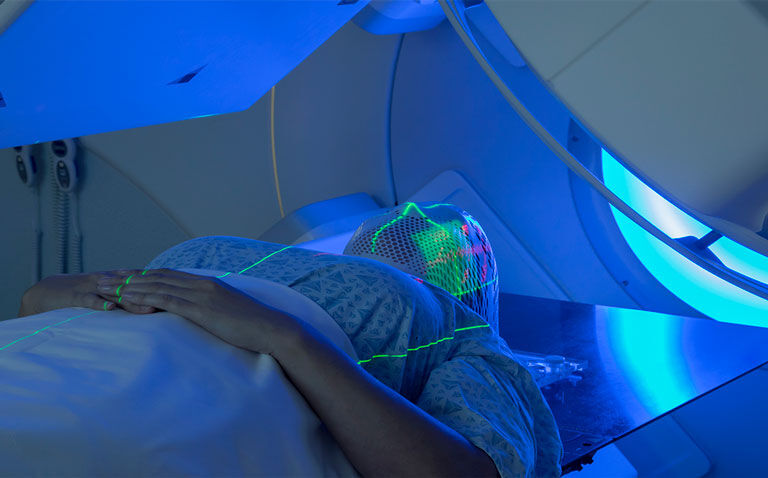Two genes appear to be responsible for conferring chemoresistance in the majority of drug-resistant cell strains of patients with head and neck cancers, and silencing either gene leads to a complete reversal of drug resistance, researchers at Queen Mary University of London (QMUL) have found.
In the study, published in the journal Molecular Cancer, the team used transcriptome data-mining to identify potential genes that may be affecting tumour responsiveness to drug therapy. They identified a total of 28 genes in 12 strains of chemoresistant cell lines each against cisplatin, 5-fluorouracil, paclitaxel and docetaxel chemotherapies.
A total of 10 multi-drug chemoresistance genes were identified, four of which – TOP2A, DNMT1, INHBA and NEK2 – were up-regulated in a cohort of 221 head and neck cancer patients.
The INHBA and NEK2 genes appeared to be pan-cancer prognostic markers for predicting poor survival outcome in the majority of cancer types. But the team also identified two compounds – sirodesmin A and carfilzomib – from drug library screens, which were able to target both INHBA and NEK2 and re-sensitise cisplatin-resistant cells.
Dr Muy-Teck Teh, senior author of the study from QMUL, said: ‘These results are a promising step towards cancer patients in the future receiving personalised treatment based on their genes and tumour type that give them a better survival rate and treatment outcome.
‘Unfortunately, there are lots of people out there who do not respond to chemotherapy or radiation. But our study has shown that in head and neck cancers at least it is these two particular genes that could be behind this, which can then be targeted to fight against chemoresistance.‘
In Europe, head and neck cancers affect around 22 people per 100,000. While the cure rate is high for early-stage disease, around two-thirds of patients present with advanced-stage disease with a poor survival outcome. An additional and important cause of treatment failure leading to a poor survival, is the development of resistance to chemo and/or radiotherapy, although the underlying genes responsible for chemoresistance have previously been unclear.










